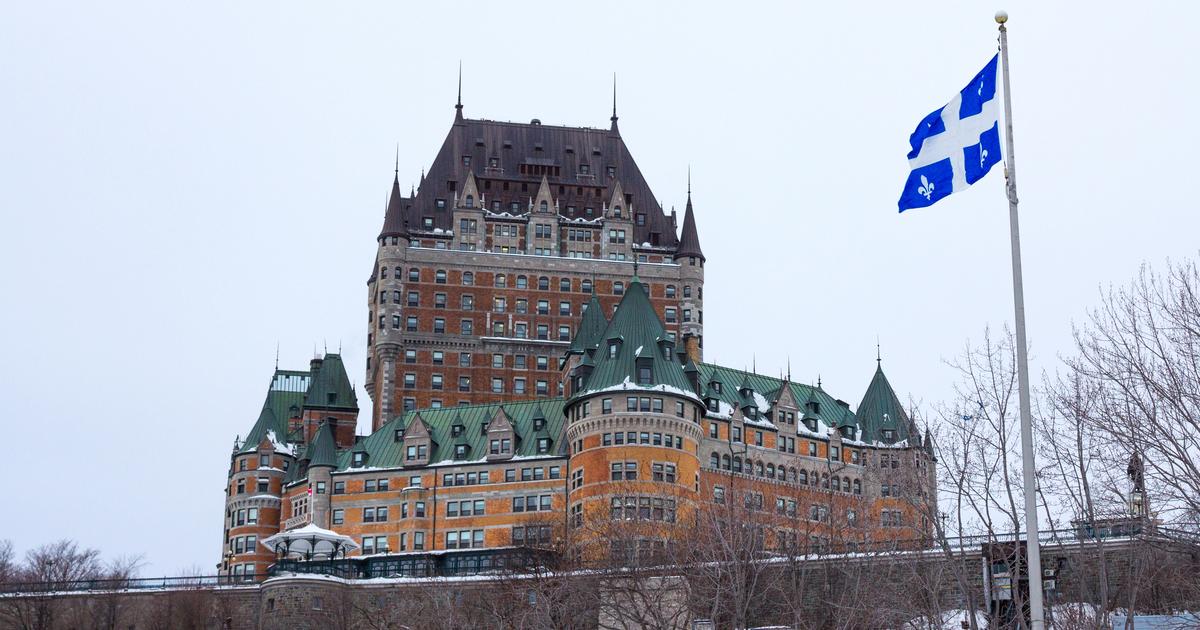Anglicisms have not been popular lately.
In a report unveiled by Le Figaro, the French Academy pointed to an
"invasive Anglicization"
of French that could cause a social and generational divide.
Franglais is part of our daily lives, from advertising to literature.
This sword has indeed inspired many writers...
Proustian Anglicisms
Just think of the song
“Darling”
by Carla Bruni, where English blending harmoniously with French only enhances the beauty of our language.
And let's remember this marvelous first sentence of Odette de Crécy in
La Recherche
:
“You know that I'm not fishing for compliments”
.
So classy!
It colors his way of speaking of English words throughout
Swann's Love.
Here she is asking Swann to invite her to
“her home”
, evokes her
“cab”
, deplores her
“unsmart”
neighborhood , and assures Swann, burning with jealousy, of her love by giving her
“my love”
.
According to Gro Bjørnerud Mo, in
“Je ne suis pas fishing pour compliments” – Proust et l'anglais
, these anglicisms that Odette is crazy about were added late by the author in her manuscripts:
“La revalorisation d'Odette, presented par Proust in the
Search
as more and more beautiful, goes hand in hand with the development of its speech more and more marked by English terms and by an English culture”
.
Odette, ignorant and naive, would she show by this use of sophisticated Parisian elegance?
Or does Proust use this sabir in the mouth of his character to enlighten his naivety?
Still, the love of England and its language was very fashionable in Paris at that time and Anglomania was its best representation.
In search of
language
at Houellebecq
Closer to us, there is another writer who in turn distils a few light touches of English in his works.
Houellebecq.
"You're looking for a sex-friend, / Tired old cougar / You're approaching the end, / Old oiled bird"
, he wrote in his collection of poems
Configuration of the last shore.
Among all these Anglicisms, only one has so far the honor of appearing in a French dictionary: the
“cougar”
, this mature woman who seeks out and seduces much younger men.
The word designates in English a puma.
It became popular in France in the 2010s, before entering the little Larousse four years later, alongside
"Googling"
and... Bernard Pivot.
The language of Shakespeare is a literary tool for Houellebecq.
He expounded on these language mixtures in an interview given in Germany in 1999:
“You have to look at things from as many different points of view as possible in order to be able to really grasp them.
I tried to apply his idea [that of Bohr] of complementarity to literature: as one cannot find the language, one must combine different linguistic registers” (
“Houellebecq polyglotte”, by Samuel Estie).
The
happy few
or the
very
select
Stendhal
club
The author of
La Chartreuse de Parme
was crazy about the formula “
to the happy few”
, which he put on the first page of his novel
.
He did not stop on such a good path, since he made it his motto, "
because he [knew] that he [was] several generations ahead of his century, that he [addressed] to a select few - the happy few - the only ones capable of understanding it
".
Readers capable of deciphering his hermeneutics were therefore literally
"lucky ones"
.
Anglicism, which has a nice
je-ne-sais-quoi
, is still alive today.









